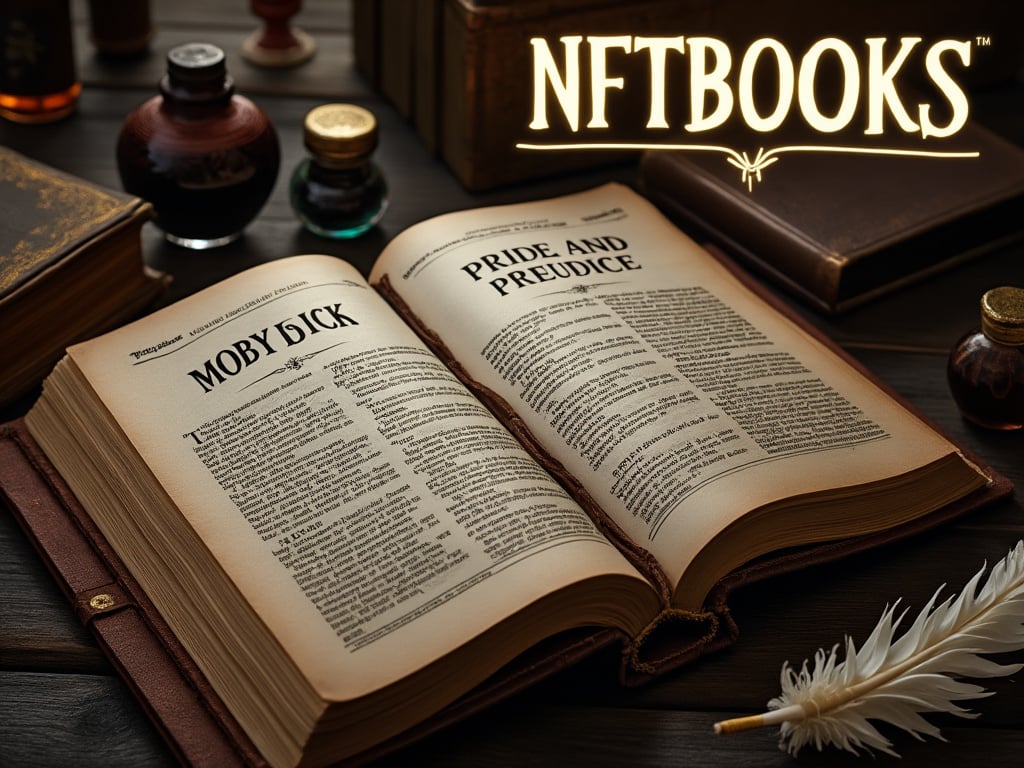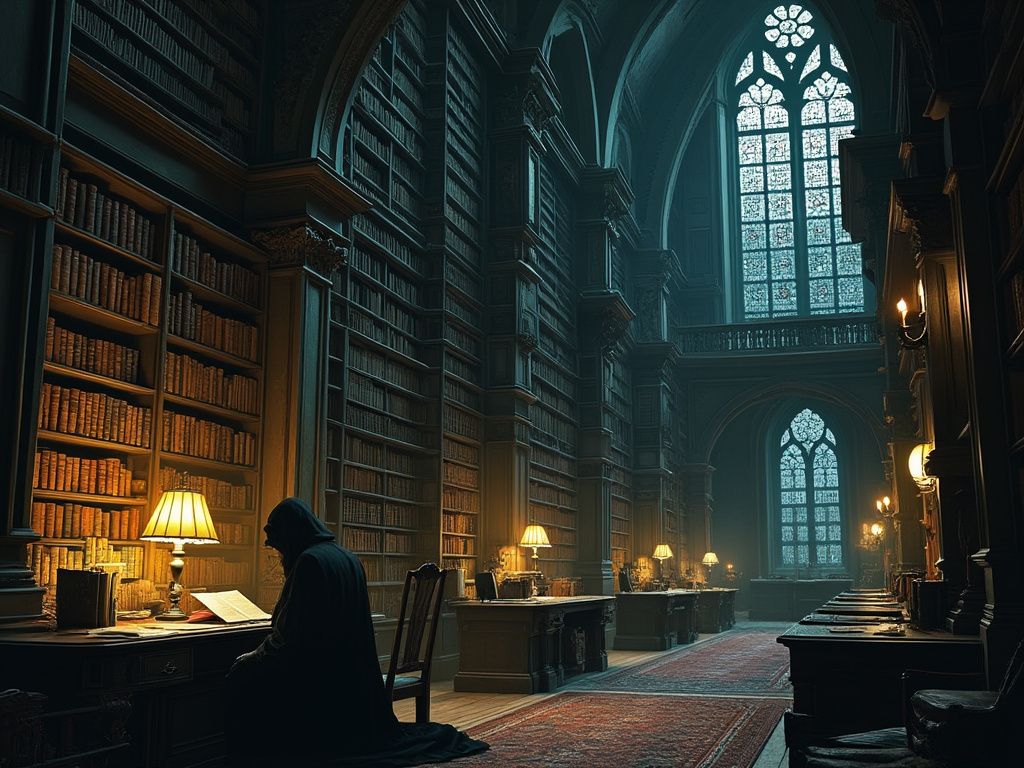Introduction
Classic literature has long captivated readers with its universal themes and profound insights into the human condition. These works, often considered masterpieces, have stood the test of time, offering readers timeless stories and characters. Whether you’re new to reading or a seasoned book lover, exploring classic literature can open your mind to new perspectives. In this article, we’ll discuss what defines classic literature, why it’s essential to read, and how you can dive into this genre.

What is Classic Literature?
Classic literature refers to books, plays, and poems that have been recognized for their lasting cultural, artistic, and historical significance. These works typically reflect the time period in which they were written, but they continue to resonate with readers today because they tackle themes such as love, morality, power, and society.
- Example authors include Shakespeare, Jane Austen, and Charles Dickens.
- Synonyms to incorporate: timeless works, literary masterpieces, enduring stories.
Why Read Classic Literature?
Many readers wonder, “Why read classic literature?” With so many modern bestsellers, classics might seem outdated or overly complex. However, classic literature offers unique benefits. It expands your worldview, enhances cultural understanding, and explores timeless human nature. These works have endured because of their profound insights and opportunities for personal growth.
- Intellectual Growth:
Classic literature introduces intricate themes and sophisticated language that challenge readers to think critically and analytically. These works demand active engagement, sharpening your intellectual skills. For example, deciphering Shakespeare’s metaphors or interpreting the symbolism in Moby Dick promotes deeper understanding. Reflecting on these texts improves comprehension and analytical thinking. These skills prove invaluable in both academic and professional settings. - Cultural Understanding:
Classic literature offers insights into societal norms, values, and historical contexts of different eras. For instance, Pride and Prejudice highlights 19th-century gender roles, class distinctions, and social expectations. Similarly, 1984 and The Grapes of Wrath provide commentaries on political and social struggles of their time. Exploring these works broadens your understanding of history and how literature critiques society. - Personal Enrichment:
Classic literature is also known for its ability to evoke deep emotions and provoke thoughtful reflection on life’s complexities. The timeless themes of love, morality, power, and human ambition resonate with readers across generations. Characters like Hamlet or Elizabeth Bennet are often deeply flawed, yet profoundly relatable, reflecting the complexities of human nature. Engaging with these works can lead to moments of personal revelation or emotional connection, offering a sense of enrichment that extends beyond mere entertainment.
How to Read Classic Literature: Tips for Beginners
If you’re new to classic literature, the idea of diving into works filled with dense language, archaic terms, and complex themes can seem intimidating. However, with the right approach, classic book can be accessible and enjoyable for any reader.
- Start with Accessible Authors:
For beginners, it’s a good idea to start with works that are engaging but not overly complex. Books like Pride and Prejudice by Jane Austen or To Kill a Mockingbird by Harper Lee are great entry points. These novels tell compelling stories that are easy to follow while still containing the depth and themes characteristic of classic book. - Use Supplemental Resources:
Don’t be afraid to use reading guides, summaries, or even annotated editions to help clarify difficult passages or unfamiliar language. Many classics come with notes that provide helpful context or explanations of outdated terms, making the reading process smoother. - Join a Reading Group:
Reading and discussing classic literature with others can greatly enhance your understanding and enjoyment of the book. Joining a reading group or an online forum where you can exchange interpretations and insights with fellow readers can provide new perspectives and enrich your overall experience.
By using these strategies, even beginners can appreciate the richness of classic book and discover why these works have remained relevant for centuries.
Must-Read Classic Literature Books
For those ready to dive into the world of classic book, here are some must-read works that will leave a lasting impact:
- Moby Dick by Herman Melville: A powerful story about obsession, morality, and nature.
- 1984 by George Orwell: A haunting exploration of dystopian futures and political control.
- The Great Gatsby by F. Scott Fitzgerald: A critique of the American Dream in the Roaring Twenties.
Each of these books has been influential in shaping both modern literature and culture.
Explore Classic Literature on NFTBOOKS
If you’re eager to dive into classic literature, NFTBOOKS offers an excellent platform to explore these timeless works. NFTBOOKS hosts a vast, free library where you can access countless classic novels, from Moby Dick to Pride and Prejudice, all available at no cost. With NFTBOOKS, you can read, rent, or even resell digital copies of your favorite classic books, making it a unique platform for literary enthusiasts. Start your journey today and discover the magic of classic literature through NFTBOOKS’ extensive collection!
You might be interested in reading Nonfiction- True Stories and Real-Life Insights as well.
Final Thought
Classic literature remains a pillar of literary history, offering readers a deep connection to the past and present. By exploring these works, you not only gain insight into different eras but also expand your understanding of universal human themes. Whether you’re a casual reader or a literary enthusiast, classic literature has something to offer everyone. If you’re ready to embark on this enriching journey, start with the books listed above and discover the timeless value of these masterpieces.
Share your thoughts in the comments below! What’s your favorite classic book, and why? Feel free to explore more recommendations on our blog, and don’t forget to share this article with your fellow book lovers!







